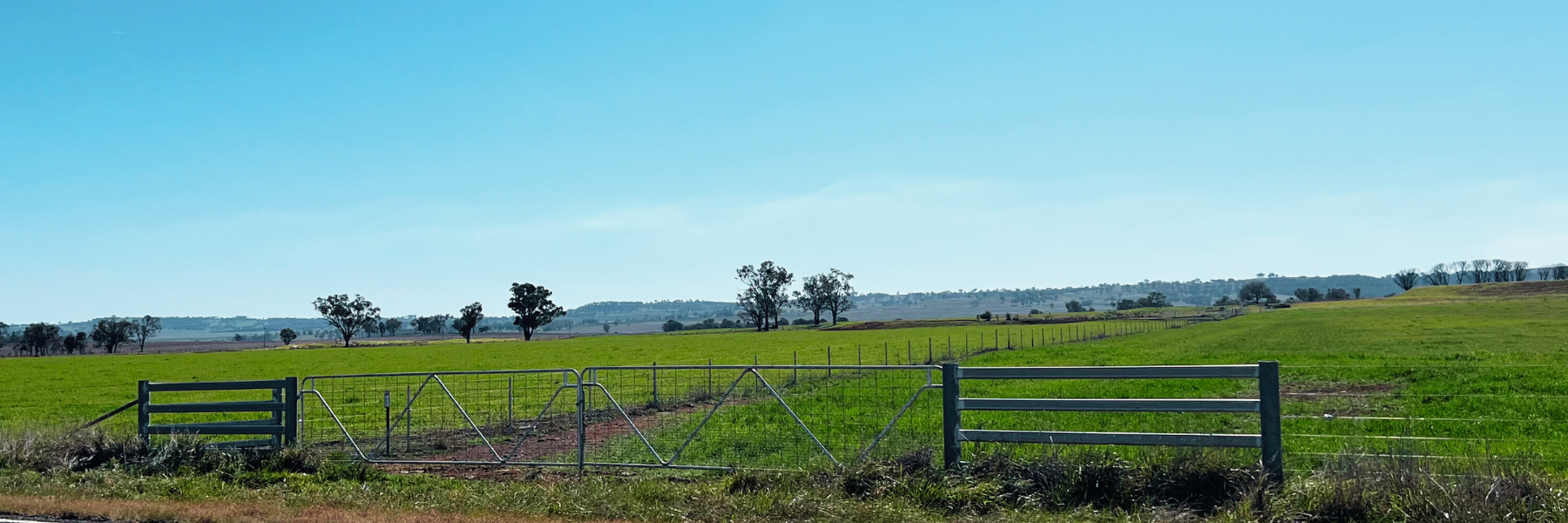
Farming Success: How the Right Fence Can Transform Your Land
Transforming your land into a successful farming operation takes careful planning and the right tools. One essential tool that often goes overlooked but plays a crucial role in farming success is the right fence.
Not only does a well-constructed fence help keep your livestock secure and prevent them from wandering off, but it also creates designated grazing areas and protects valuable crops from damage.
The right fence can even help reduce stress for both you and your animals, allowing them to graze peacefully without the constant worry of potential hazards.
By investing in the right type of Fencing Hardware and Gates, you can ensure that your land is optimized for maximum productivity and profitability.
Decide your fence design before working on anything else:
The key questions to ask yourself before starting your fencing project are:
- What type of soil is my fence going to sit on?
- The access points into the farm.
- Are there specific wildlife or feral animal concerns that need to be addressed (e.g., kangaroos, rabbits)?
- What’s my budget for materials and installation?
- Look out for any rivers, canals or wetlands that might affect your fence.
- What level of maintenance am I ready for?
Talking to fellow farmers and industry experts will give you more information on choosing the right fence for your farm and help you save time.
Types of fences to consider:
In Australia, rural fencing is designed to suit the needs of agricultural and pastoral properties. Here are some common types of rural fencing used across the country:
Post and Rail Fencing: This type of fencing features horizontal rails attached to vertical posts, usually timber, but metal or composite options are also available.
Our Post Lifter and Post Driver are some tools that can help you in your installation process.
Barbed Wire Fencing: This type of fencing features wire strands with barbs at regular intervals, creating a deterrent for animals and intruders.
View our fencing accessories here to have a look at our wire ropes, turnbuckles and cable guides
Electric Fencing: This incorporates electrically charged wires to create a deterrent for animals and intruders often used as a portable or temporary fencing solution.
You can view our animal handling equipment here
Rabbit Proof Fencing: Designed specifically to protect crops from rabbits and other burrowing pests this type of fencing has a wire mesh fence buried deep into the ground to prevent digging underneath. This was famously used in Australia’s large-scale rabbit-proof fences.
Each type of rural fencing has its own advantages and should be chosen based on factors such as the type of livestock, the terrain, and specific fencing needs.
You would have gotten an idea of why planning before starting your fence project is important by now. Give us a call on (03) 93145289 or email us at sales@candoorural.com.au to talk about the products we have to help you with your fencing hardware needs.


